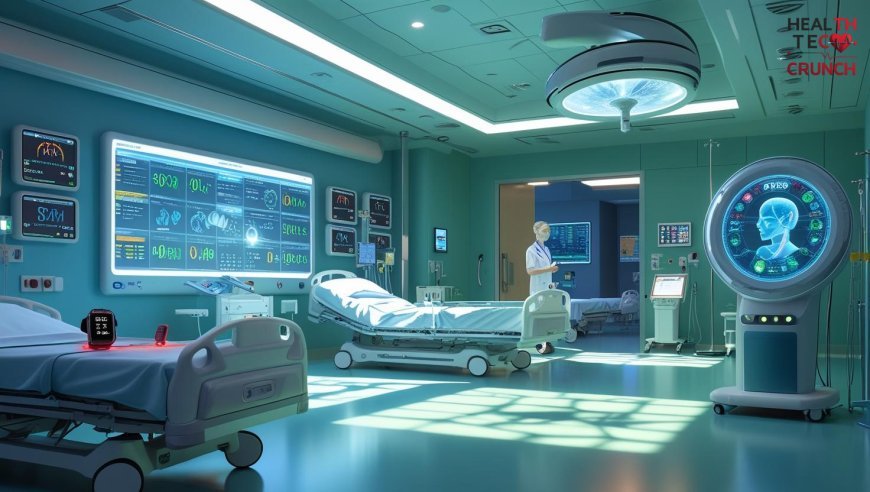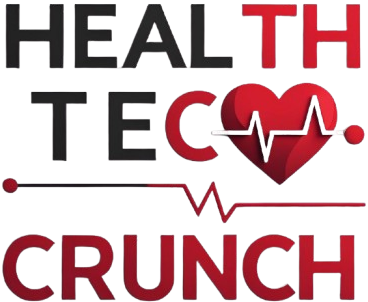The Rise of Smart Sensors and Wearable Technology: Revolutionizing Patient Care

The Rise of Smart Sensors and Wearable Technology: Revolutionizing Patient Care
In recent years, the landscape of healthcare has been steadily transformed by the emergence of smart sensors and wearable technology. These small yet powerful devices are redefining how patients and healthcare providers monitor health, shifting the focus from reactive treatment to proactive, continuous care. The potential they hold to improve health outcomes and empower individuals is truly remarkable.
Smart sensors and wearables have moved far beyond simple step counters or heart rate monitors. Today’s devices can track a wide range of vital signs - from blood pressure and oxygen levels to glucose and sleep patterns - offering real-time data that paints a comprehensive picture of a person’s well-being. This continuous flow of information opens up new possibilities for early detection of health issues, personalized care, and ongoing management of chronic conditions.
What makes this technology particularly exciting is its ability to provide feedback instantly, right at the user’s fingertips. Imagine a patient with diabetes receiving an alert when their blood sugar levels drift out of range, or someone with a heart condition getting notified of irregular rhythms. This timely information can prompt immediate actions, whether it’s taking medication, contacting a healthcare provider, or adjusting daily habits. Such responsiveness can be life-changing.
Moreover, smart sensors enable healthcare professionals to monitor patients remotely, reducing the need for frequent hospital visits. This is especially beneficial for elderly individuals or those living in remote areas where access to healthcare can be challenging. Continuous monitoring allows doctors to spot warning signs early, intervene sooner, and tailor treatment plans with more precision.
For patients, these devices foster a greater sense of control and engagement with their health. The ability to track progress, understand patterns, and receive personalized insights motivates healthier behaviors and sustained lifestyle changes. It transforms healthcare from a series of occasional appointments into an ongoing partnership between patients and providers.
Of course, as with any technology, challenges remain. Ensuring data accuracy, protecting privacy, and integrating sensor data into healthcare systems are critical hurdles to overcome. There’s also the need to make these devices accessible and user-friendly for diverse populations, so that everyone can benefit from this revolution.
Despite these challenges, the rise of smart sensors and wearable technology is a powerful step toward a more connected, informed, and patient-centered healthcare future. It’s a future where health monitoring is seamless, care is timely, and individuals are empowered to take charge of their own well-being every day. This blend of innovation and empathy is reshaping how we think about health, promising better outcomes and richer lives for all.
























